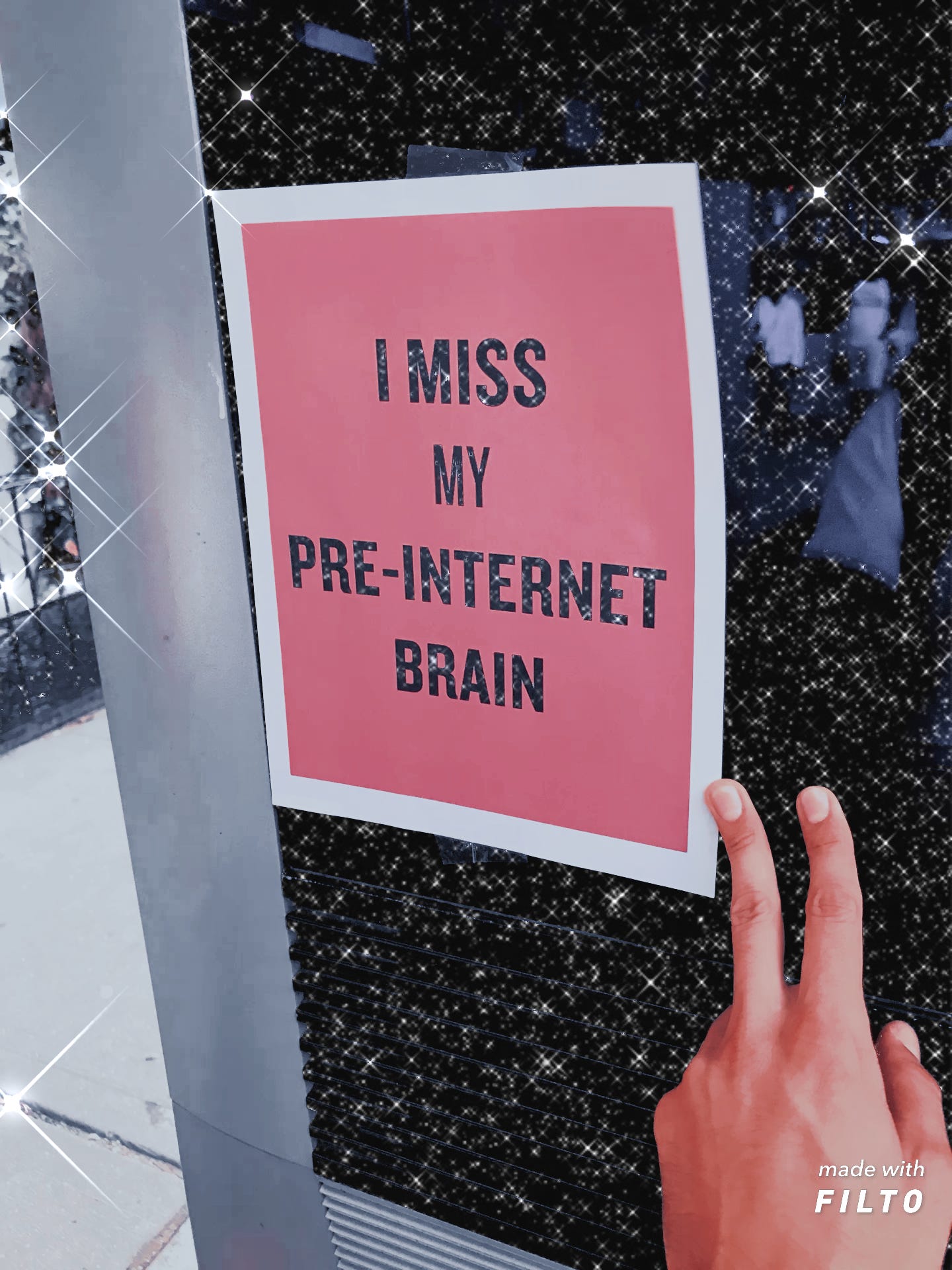#IStandWith[insert tribal belonging here]: on the barrage of virtue signaling
by guest contributor Katherine Dee (Default Friend)
Nothing will make you take arguing about current events on the Internet less seriously–should you be one of those people in the unfortunate situation of having ever taken it seriously–than watching a few cycles of “The Discourse.” Eventually, you reach a point, even as a lurker, even as a non-participant, where you ask yourself, “Aren’t these people exhausted?”
Sometimes, it’s a celebrity, like Amy Schumer, who seems to have taken the conflict in Israel and Palestine worryingly personally, or a professional commentator like Ben Shapiro, whose, to put it charitably, passion for the conflict has attracted both supporters and protestors. But even more often, it’s just ordinary people. The friend who posts the Instagram infographics or mindlessly retweets activist organizations. The almost too informed coworker who is surprisingly online, and you suspect might lead a double life as a political personality on social media. Your mom, who’s been body-snatched by MSNBC or Fox News and is constantly sharing dubious Facebook links.
The evolution for most posters is the same. Occasionally, but not always, there is a short window of time where they post what they really believe. This may or may not be a pre-fab Instagram infographic, it may or may not follow a consistent party line. It’s whatever feels right, it’s not workshopped, it’s what they thought was “the right thing at the time.” And then–and this is true of career posters as much as normies just trying to show solidarity or whatever–someone will correct them. The Infographic wasn’t sufficiently inclusive. Instead of saying “indigenous peoples,” they said “Native American.” Or when condemning sponsorship diva Dylan Mulvaney, they used ‘she/her’ pronouns—no, you’re supposed to accept the premise that Mulvaney is a man on this side of the fence. Their posts slowly morph.
As each hot topic comes into view, they start saying the correct thing—an ever more correct thing. If they’re frequent posters, like, say, if they spend a lot of time on X talking about politics and current events, they might slip up sometimes before they get a sense of what their side has workshopped. The take is workshopped, the thought leader of their side announces their position: the script is updated. And then it’s off to the races to shame people who are either off script completely—a take that’s neither intelligible as left, right, or the mysterious third camp of “above it all”—or unambiguously batting for the other side.
At no point during the process do most people carefully consider an issue: that’s not what this is about.





